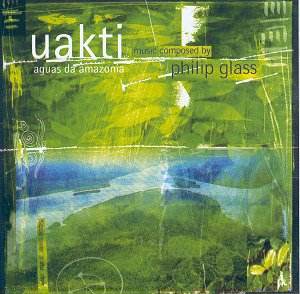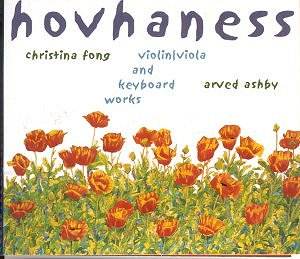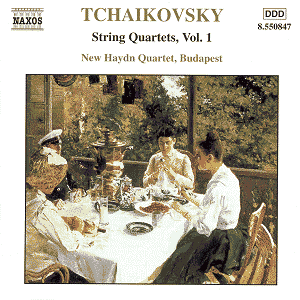 Composer: Philip Glass
Composer: Philip Glass
Works: Aguas da Amazonia
Performers: Uakti (Marco Antônio Guimarães: artistic direction and arrangements, strings; Paulo Sérgio dos Santos: percussion; Décio de Souza Ramos Filho: percussion; Artur Andrés Ribeiro: woodwinds)
Recording: Recorded and mixed 1993-94 in Brazil and New York (except “Metamorphosis”, recorded 1999)
Label: Point Music
Philip Glass, a towering figure in contemporary classical music, has long been associated with minimalism, a style that emphasizes repetition and gradual transformation. “Aguas da Amazonia,” originally composed for a Brazilian dance company in the early 1990s, explores the confluence of Glass’s repetitive structures with the unique sounds of the Brazilian ensemble Uakti. This collaboration represents a significant intersection of classical and world music, showcasing Glass’s ability to adapt his minimalist aesthetic to diverse cultural contexts. Uakti, known for their innovative use of original instruments and their eclectic musical influences, provides a fitting platform for Glass’s explorations of rhythmic and textural variation.
The recording opens with “Tiquê River,” which functions almost as a prelude, presenting a serene chorale-like figure on keyboard that is soon accompanied by delicate arpeggios. This gentle introduction, however, quickly gives way to the more vigorous “Japurá River,” where Uakti’s characteristic sound emerges through the interplay of a simple five-note motif against a backdrop of energetic, repetitive rhythms. The ensemble’s use of unconventional instruments adds a rich sonic palette that complements Glass’s minimalist idioms. Yet, as the disc progresses, a sense of stagnation becomes evident. Many tracks, including “Purus River” and “Negro River,” maintain an unyielding tempo of around 180 beats per minute, leading to a monotonous listening experience. The relentless pulse, although imbued with subtle cross-rhythms and occasional melodic shifts, often lacks the dynamic contrast that could invigorate the material.
Notably, “Paru River” introduces a refreshing rhythmic vitality, with its harmonic shifts providing a brief respite from the otherwise uniform pace. “Amazon River,” however, serves as the centerpiece of the album, beginning at a slower tempo before accelerating back to the familiar driving rhythm. This cyclical return can be seen as a metaphor for the vast Amazonian landscape Glass aims to evoke, yet it risks inducing listener fatigue rather than excitement. The engineering quality of the recording captures the clarity and resonance of Uakti’s unique instruments, yet one must wonder if a more varied tempo and dynamic range could have enhanced the overall impact.
Comparatively, Uakti’s previous works, such as “I Ching,” reveal a greater sense of innovation and engagement. While Glass undeniably influences their style, the direct collaboration in “Aguas da Amazonia” seems to constrict their creative potential rather than liberate it. Glass’s minimalist techniques, while effective in certain contexts, appear here to stifle both his own creativity and that of Uakti. The repetitive nature of the compositions, while reflecting Glass’s established style, may not translate successfully into a collaborative format that demands more rhythmic and thematic diversity.
The album ultimately presents a curious case of artistic intersection, where the ambitions of Glass and Uakti do not fully align. While there are moments of beauty and intricacy, the overall experience can feel one-dimensional, as if the rivers of the Amazon, with their lush diversity, have been distilled into a singular, unchanging flow. This recording may serve as a pleasant backdrop for casual listening, but it lacks the depth and dynamism that one expects from both Glass and Uakti at their best.



